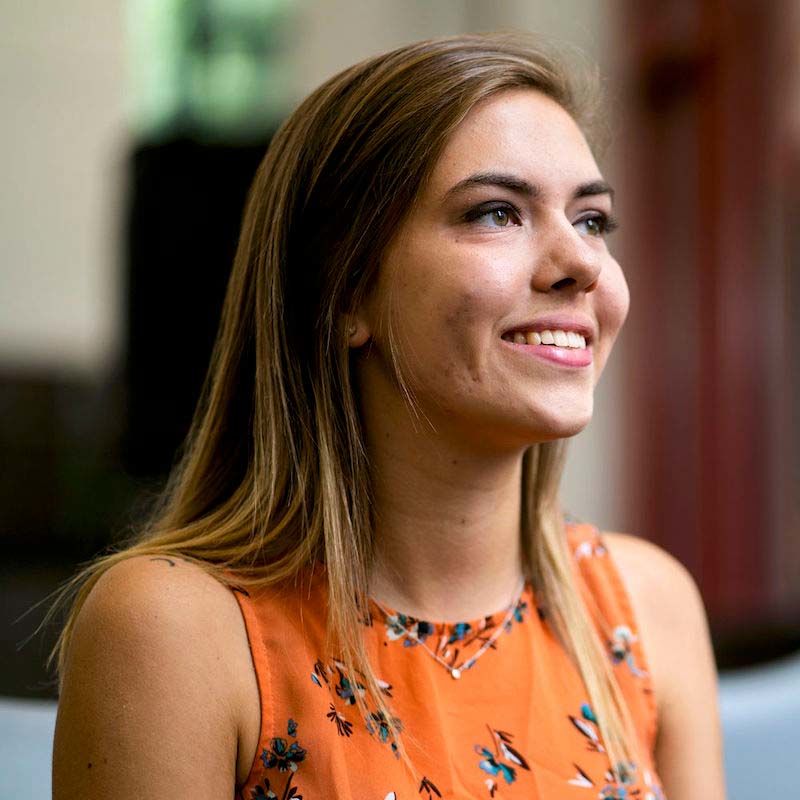Learn more about our MSW
The Master of Social Work (MSW) at Temple University prepares you to build a better world for your community. You’ll learn to work hands-on with vulnerable populations and enhance quality of life for all by addressing systemic issues facing our world—issues like racial injustice, inequality, health disparities, and economic uncertainty.
Earn your MSW at a pace that’s right for you. The program can be completed on a part-time or full-time basis, and an accelerated format is available for students who have earned a BSW within the last five years from a CSWE-accredited school of social work.
The 60-credit program is available on-campus or fully online. Our curriculum prepares students for the LSW licensure exam. Students also have access to more than 300 fieldwork partners and one of the largest alumni groups in the area.
No GRE is required to apply.
Customize your degree program by choosing a concentration that best matches your career goals: work with individuals and families at the clinical level, or expand your practice and focus on communities, organizations and policy.
Two MSW concentrations
Clinical Practice with Individuals and Families
Train to work as a clinical therapist with individuals, families and groups in both outpatient and inpatient settings, preparing for a career in areas like case management, hospital discharge planning, service brokering and private practice.
Macro Practice in Organizations, Communities and Policy Arenas
Learn to lead nonprofit and governmental agencies, or focus on community organizing or policy. You will develop management skills and learn to promote systemic change in institutions, from national agencies to neighborhood organizations.
Meet our students

Pursuing dual master’s degrees in social work and public health at Temple’s College of Public Health, Julia Trout feels she has found her calling. Searching for a specialty as an undergraduate in the college, she had explored pediatric nursing and sampled other health-related fields. Along the way, her father became ill with leukemia, and as a caregiver she became intimately attuned to the mental health aspects of cancer and oncology.
“It was amazing to see how much that mental side is affected by cancer,” she says. “People expect physical changes, but on the flip side, this huge emotional wall goes up. It’s a mental game, and I witnessed so many people help my dad get through that and it was like, ‘this is it, this is where I’m meant to be.’”
Now, Trout is studying to become an oncology social worker. She hopes to land in an oncology-related clinical setting, working one-on-one with patients and caregivers, with the goal of increasing mental health-related quality of life throughout their journeys. Outside of school, Trout works with Camp Kesem, a nationwide organization that provides free week-long camps to adolescent children whose families have been impacted by cancer.
Her personal experience with the issue, she says, “was the hardest and most devastating experience I’ve had to go through. But I feel like to some extent it was a huge blessing in disguise. It led me in a whole new direction and ultimately it’s where I know I belong.”
Trout appreciates the variety of programs she was able to explore in the college. “The diversity of programs within the College of Public Health allowed me to investigate several possibilities until I arrived at my true passion,” she says.

